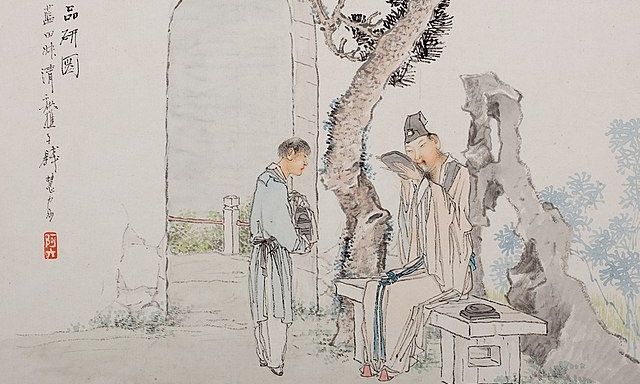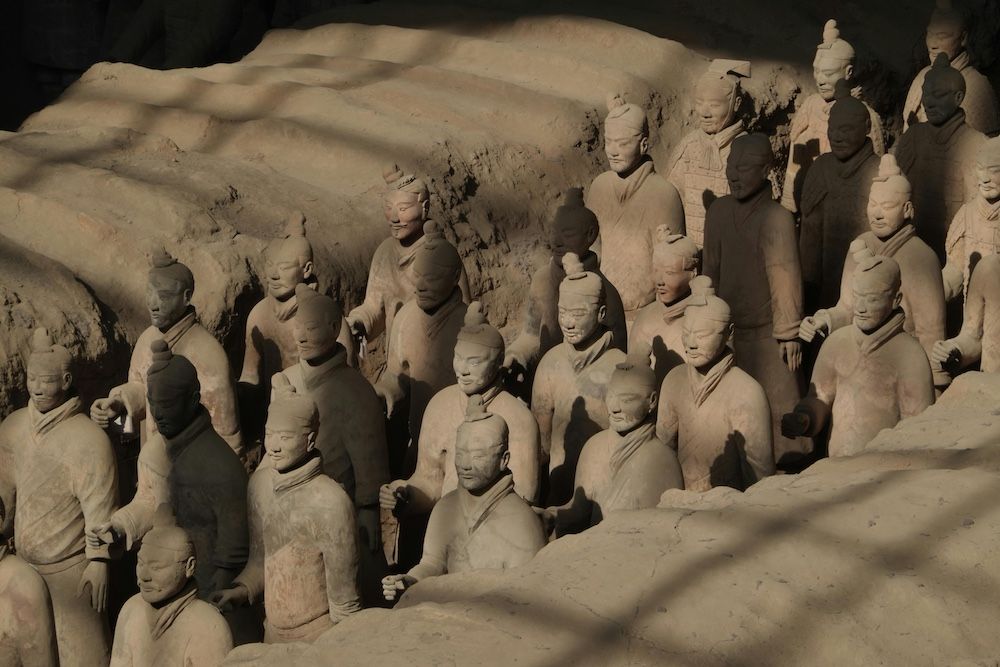The Moon and Sixpence is a novel by British author W. Somerset Maugham, published in 1919, that tells a story of art, solitude, and sacrifice. The protagonist, Charles Strickland, is a seemingly ordinary stockbroker in London who suddenly abandons his family, career, and social standing to pursue his dream of becoming a painter. His decision is extreme and irrational, but it also reveals the conflict and cost that often accompany the pursuit of personal ideals.
The title The Moon and Sixpence is rich with symbolism. The moon represents humanity's yearning for lofty ideals, artistic creation, and spiritual pursuit, while sixpence symbolizes the material benefits and worldly satisfactions of ordinary life. Strickland chooses the moon. He abandons a stable life and relentlessly pursues his artistic ideals, even at the cost of severing ties with his family, his responsibilities, and society.
Through Strickland's extreme actions, Maugham explores the profound conflict between personal ideals and social responsibility, revealing the artist's boundless desire for creation and freedom, which often conflicts with the constraints of ordinary life. Strickland’s obsession with his dream and love for art causes him to disregard all human relationships and moral constraints, showing a near-cold self-centeredness. His choice shocks those around him and reflects Maugham's deep reflections on individualism, freedom, and solitude.
The Moon and Sixpence is, in many ways, a profound meditation on the price of pursuing art and ideals. Through Strickland's story, Maugham exposes the loneliness, misunderstanding, and immense inner struggle that often accompany the pursuit of greatness. The novel not only explores the psychology of the artist and the pain of creation but also highlights the harshness and sacrifice involved in the pursuit of a higher goal.
The Moon and Sixpence is a complex work about dreams, freedom, and human nature. By depicting one man's extreme choices, it invites deep reflection on the balance between ideals and reality. Through this novel, Maugham poses a timeless question: in order to pursue the "moon" in our hearts, are we willing to give up everything, even lose the warmth and care inherent in our humanity?





